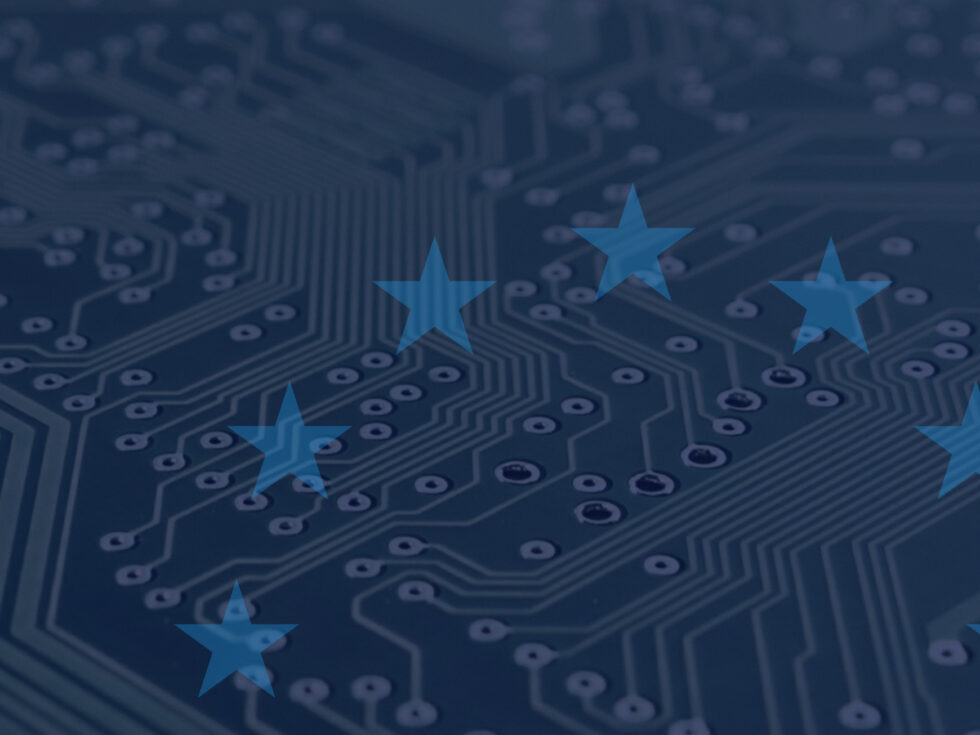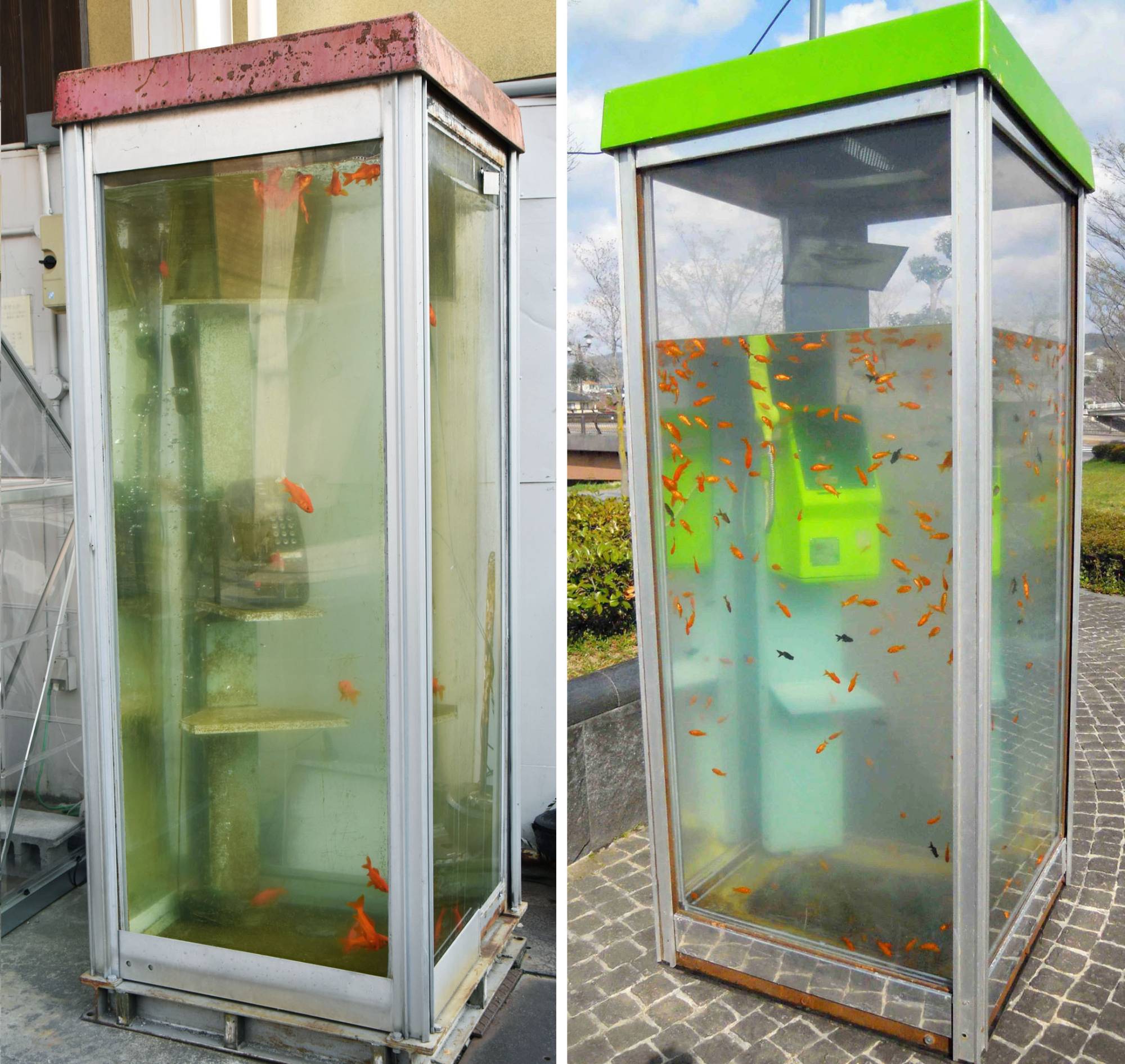Latest blog articles
-

One view on social media communication is that platforms should remove content deemed to be inappropriate or disturbing and suspend users who have repeatedly violated the Community Guidelines and should do so in a consistent and coherent manner.
-

The topic of AI-generated inventions requires preliminary clarifications: what do we mean with AI? What is the meaning of AI-generated inventions?
-

Greece emerged as the EU’s poster child in the fight against Covid-19 during the first few months of the pandemic. Its approach, while effective, is not beyond reproach.
-

M-EPLI, along with the Maastricht Law & Tech Lab and the Institute of Data Science, hosted the online webinar ‘Researching Discrimination in E-Commerce and Online Advertising’ on the 4th and 5th of March 2021.
-

On the 9th of February, the Dutch Supreme Court ruled that forcing suspects to provide access to their smartphone with a fingerprint is not a breach of the pri
-

The Digital Services Act (‘DSA’) is part of the long-awaited package aimed at providing a transparency and accountability framework for online platforms and laying down add
-

An EUIPO Board of Appeal agreed with Facebook that the figurative mark MYHUNTBOOK would take unfair advantage of Facebook’s reputation.
-

The UK Competition and Market’s Authority recently published a report on the consequences of the online platforms’ use of algorithms (‘sequences of instructions to perform a computation or solve a problem’) for consumer protection and for competition.
-

28 January was Data Protection Day, an annual celebration of privacy and data protection commemorating the date that Convention 108 of the Council of Europe was first opened for signature.
-

Nobuki Yamamoto, a Japanese contemporary artist, made an eye-catching work of ‘goldfish swimming in a phone booth’ (‘Work 1’) by December 2000 at the latest. In October 2011, a student organisation called ‘Goldfish Club’ at Kyoto University of Art and Design produced Work 2 and exhibited it